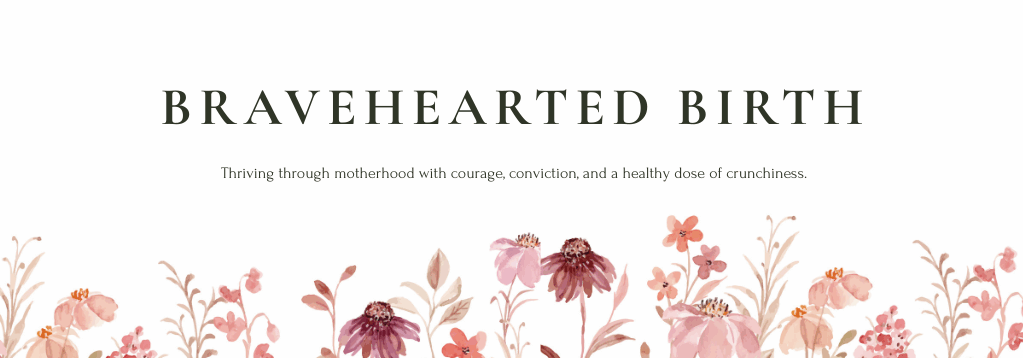Thousands of Americans are talking about the practice of grounding, or earthing. It’s recently caused a surge of Google searches, and a lot of people are now asking their doctors about it.
And retail brands have jumped on the bandwagon, too. Amazon is selling baby grounding sheets, and you can buy earthing mats at Walmart for under $30.
But what exactly is this practice? Is it a mythical, occult practice? Does science back it up? We’ll cover all that and more today.

What is Grounding or Earthing?
So what is grounding or earthing?
Grounding (otherwise known as earthing) is the practice of connecting with the earth’s natural electrical energy.
That sounds sounds super hazy and vague, right? But there is a scientific explanation for grounding.

The Science Behind Grounding
Let’s talk about a normal by-product of being alive: free radicals.
As our bodies breathe, digest, and generally just live, we build up a slight positive static charge. This slight positive charge is called by tiny molecules called “free radicals.” Basically, I like to think of free radicals as an army of tiny rouge, unstable particles that wreak havoc on the body.
Too many free radicals can cause damage. High concentrations of free radicals can cause cancer, arthritis, premature aging, autoimmune disorders, heart disease, and brain diseases.
That’s a scary list! But keep in mind that your body needs to build up a LOT (like an entire army) of free radicals to cause this type of damage.
This is where the grounding theory comes in. Because the earth has a slight negative charge, scientists believe that frequent contact with the earth or natural bodies of water can help to neutralize those free radicals. Basically, researchers believe that the negative charge from the earth meets the positive charge from the free radicals, and poof! They’re now an electrically netural cell.
And neutral cells are stable. They aren’t damaging to your body. They aren’t free radicals, or rougue mercenaries anymore.
(By the way, this is how we nurses learn and retain the deluge of material we have to learn during our education. We make up personalities and stories. Free radicals become a rogue army. Now you won’t forget either, and you’re welcome!) 🙂

Benefits of Grounding
Advocates of grounding say that they notice a lot of benefits to grounding. These include:
- Improvement of chronic fatigue
- Relief of chronic pain
- Improvement of anxiety and depression
- Improvement of sleep disorders
- Lower blood pressure (with long-term grounding therapy)
Research has been conducted, but most studies are small. However, results look promising. And grounding is very safe for most people.

Natural Grounding vs. Using Grounding Equipment
Grounding can be done in two ways: by touching the ground, or a natural body of water, or by using grounding equipment.
This might be why we so enjoyed lying in the grass and looking up at the clouds as kids. Or wading and catching minnows. We were grounding and didn’t know it. 🙂
For people who don’t live in areas with accessible grass or clean ground, grounding equipment can be a great option. Grounding equipment includes earthing mats and grounding sheets. These have electroconductive fibers (usually silver fibers) woven into the fabric. There’s a cord that goes from the sheet or mat into the ground part of an outlet.

Should I Invest in Grounding Sheets for My Family?
It’s all up to you! Experts generally agree that grounding or earthing sheets are generally safe, and that they might be beneficial.
If you live in an area where your children can and do spend a significant amount of time outside, that’s great. If that’s the case, they are earthing on their own.
However, if you live in an area where they cannot spend a lot of time outside, earthing sheets might be a good investment. Or if you have a child who’s unable to spend a lot of time outside, it might be worth consideration.
If you or your family members are working through chronic pain or illneess, earthing sheets could be a natural way to help manage that.
Let me know what you think! I genuinely would love to hear about your experiences.
Until next time,
Lynette
Talented photography in this post done by:
Photo by Ben Mack on Pexels.com, Photo by Ben Mack on Pexels.com, Photo by Matheus Bertelli on Pexels.com
